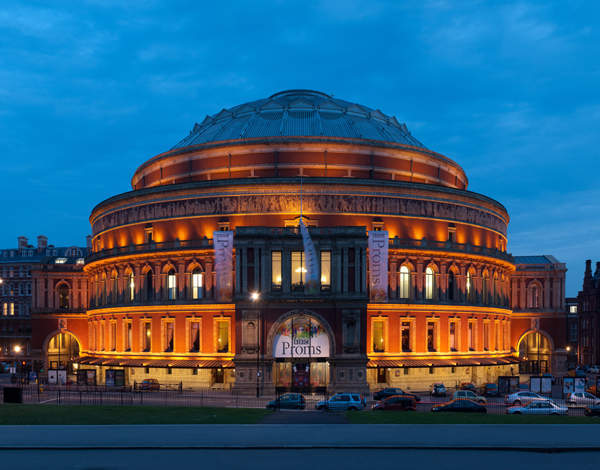

There was an article which appeared in last month’s Telegraph, written by Harry Mount, focusing on the work of the Landmark Trust and the role it has played in restoring and maintaining many of the UK’s most striking heritage venues. Aside from an overview of the charity’s history, it brought home the message that our country’s most iconic structures have needed to make themselves commercially useful in order to secure their future – a form of self-preservation.
From my position as chair of Unique Venues of London and commercial director at the Royal Opera House, I have been able to witness first-hand how buildings of cultural and historic significance have had to adapt their business approach and practices in order to survive, especially through times of reduced public funding.
As is so often the case, a considerable slice of income for such sites comes from the public offering, be it the collection in a museum, the refined interior of a stately home, a landscapes park or seasons of live performances and entertainment. Unique Venues of London’s members include the Albert Hall, Hampton Court Palace, the Natural History Museum and Harrow School.
However, what is often overlooked is the valuable contribution that corporates and private individuals make to such attractions through a commercial events arm, opening up a new revenue stream which can be used to put further funds back into the building.
The explosion of heritage and unusual buildings to incorporate a venue was a direct result of the proliferation of lottery-funded initiatives for large capital projects in the 1990s. As part of the terms of receiving the funding for site redevelopment, many attractions needed to prove that they could exploit the asset of the building in a commercial way, in order to meet the terms and conditions of the investment in the property. Establishing a meetings and events space seemed to many the most viable option. Since then, the hunger for new and different spaces has fed the growth.
Revenue generation from venues often ensures that some of the country’s best loved landmarks are kept in mint condition for the future; for example, last year our members generated approximately £53 million from events and I am sure that similarly positive figures would be registered by associations similar to Unique Venues of London.
Furthermore, the majority of these funds have subsequently been invested back into the various museums, galleries, theatres, churches and attractions to fund their core work, whether that is in preserving priceless art work, supporting live art forms or the general up-keep of beloved national monuments. Establishing a venue is a savvy move and the dividends are high.
There is no denying the challenges. I feel that I speak for many of my peers when I write that introducing an entrepreneurial cultural and business-minded attitude into a non-commercial environment can be difficult. But it is possible, demonstrated by the increasing number of sites across the UK introducing a corporate and private events division to their organisation.
Events are lucrative and the financial advantages of introducing a venue to an attraction become obvious relatively early on, once bookings start to be taken. Having this source of income is invaluable, with the added benefit of opening up the attraction to a new audience. It can also act as a catalyst for corporate membership and sponsorship.
Although sometimes the unsung hero, the venues and events divisions at attractions and heritage or cultural institutions are, and should be seen as, an essential commercial element that ensures they remain part of the national fabric for generations to enjoy for years to come.
Moya Maxwell is chair of Unique Venues of London






